Cloud Architect - Position Explained
Are you considering a career as a Cloud Architect? Already working in the cloud and want to expand your skillset?
In this article, I will cover everything you need to know about being a Cloud Architect, what it is, what they do and the skills you need to land a Cloud Architect job.
I will also answer frequently asked questions and provide resources to help you in your journey.
At Wahl+Case, we have helped hundreds of people land jobs at some of the biggest names in Tech. So, if you're ready to learn all about being a Cloud Architect, keep reading!
What is a Cloud Architect?
As a Cloud Architect, your main responsibility is to design, plan, and manage an organization's cloud computing infrastructure.
Your day-to-day tasks will involve:
Assessing an organization's needs and defining the cloud strategy
Designing cloud infrastructure and ensuring its alignment with business requirements
Collaborating with other teams, like developers, security, and network professionals, to implement the designed infrastructure
Ensuring that the cloud environment is secure, scalable, and cost-effective
Continuously monitoring and optimizing the cloud infrastructure to maintain performance and reliability
Requirements for a Cloud Architect
To excel as a Cloud Architect, you need a mix of technical and soft skills.
Technical Skills
Cloud platforms: You should have a strong understanding of popular cloud platforms like AWS, Microsoft Azure, and Google Cloud Platform. Familiarity with their services, features, and limitations is crucial.
Infrastructure-as-Code (IAC): You should be comfortable working with IAC tools like Terraform, CloudFormation, or ARM templates, which enable you to define, manage, and provision cloud infrastructure using code.
Networking and security: A strong understanding of networking concepts, such as DNS, IP addresses, and load balancing, is essential. You should also be familiar with security best practices to ensure a secure and compliant cloud environment.
DevOps and Continuous Integration/Continuous Deployment (CI/CD): Knowledge of DevOps methodologies and tools, such as Jenkins, Git, and Docker, can help you automate and streamline the deployment of cloud infrastructure and applications.
Soft Skills
Communication: As a Cloud Architect, you'll often collaborate with different teams, so you need strong communication skills to effectively convey your ideas and solutions.
Problem-solving: Being able to approach complex problems and find the most efficient solution is an essential skill. You should be able to break down problems into smaller components and systematically analyze each part.
Critical thinking: You must critically assess the cloud infrastructure design, question assumptions, and draw valid conclusions based on the available information.
Attention to detail: Ensuring accuracy in your cloud infrastructure design and implementation is vital, so having an eye for detail is necessary.
Career Progression
As a Cloud Architect, you can progress your career in multiple directions. Here are some potential career paths include:
Senior Cloud Architect: With more experience, you can move up to a senior cloud architect role, where you will tackle more complex projects and mentor junior architects.
Cloud Solutions Architect: In this role, you'll work closely with clients to understand their requirements and design tailored cloud solutions that meet their specific needs.
Cloud Security Architect: If you're interested in focusing on security, you can pursue a career as a Cloud Security Architect, where you'll be responsible for ensuring the security and compliance of cloud environments.
Infrastructure and Operations Manager: If you're more inclined toward leadership, you can move into an Infrastructure and Operations Manager role, overseeing a team of cloud professionals and driving the overall cloud strategy for an organization.
To explore available Cloud Architect positions, message us here!
Becoming a Cloud Architect
Follow these steps to set yourself on the path to success:
Education: Obtain a bachelor's degree in a related field such as computer science, engineering, or information technology. Although some companies may consider candidates with relevant experience, a formal education in a related field will provide you with a strong foundation.
Gain experience: Seek opportunities to gain hands-on experience with cloud platforms, such as internships, entry-level positions, or personal projects. Familiarize yourself with popular cloud platforms like AWS, Microsoft Azure, and Google Cloud Platform, and their services, features, and limitations.
Develop your technical skills: Strengthen your understanding of Infrastructure-as-Code (IAC) tools, networking and security concepts, and DevOps methodologies. These skills will be invaluable as you progress in your career as a Cloud Architect.
Improve your soft skills: Develop strong communication, problem-solving, critical thinking, and attention to detail skills. These soft skills will help you work effectively with different teams and ensure the success of your cloud infrastructure projects.
Earn certifications: Consider obtaining certifications from reputable cloud providers like AWS, Microsoft Azure, or Google Cloud. These certifications will help you stand out in the job market and demonstrate your expertise in specific cloud platforms or tools.
Network and stay up to date: Attend industry conferences, webinars, and join online communities to network with other professionals and stay current with the latest trends and technologies in the cloud computing field.
Apply for Cloud Architect positions: Once you've gained the necessary education, experience, and certifications, start applying for Cloud Architect positions. Tailor your resume and cover letter to highlight your cloud computing skills and experiences relevant to the job.
Alternative Titles
Cloud Architects can have different titles depending on the company or industry.
Here are a few of the alternative titles you will encounter:
Cloud Solutions Architect
Cloud Infrastructure Architect
Cloud Security Architect
Cloud Systems Engineer
While these titles may vary, the core responsibilities often remain similar across these roles.
Differences Between Cloud Architects in Japan and the West: What it Means for You
While the core responsibilities and skills required for a Cloud Architect are similar worldwide, there are some key differences to consider when comparing the profession in Japan and the West. Cultural, language, and market differences impact the job landscape, opportunities, and challenges you face as a Cloud Architect in these regions.
Language and Communication
One of the most significant differences you'll encounter is the language barrier. In Japan, proficiency in the Japanese language is often required, even for technical roles like Cloud Architects. You may need business-level fluency, and knowledge of industry-specific terminology in Japanese is crucial.
Business Culture
Japanese business culture is known for formality, hierarchical structure, and respect for authority.
As a Cloud Architect working in Japan, you'll need to adapt to this environment, where decision-making may be slower and more consensus-driven compared to the West.
Cloud Adoption and Market Differences
Cloud adoption in Japan has historically been slower compared to Western countries due to concerns about security, data privacy, and a preference for on-premises infrastructure.
However, this is changing as Japanese companies increasingly embrace cloud technology to enhance their efficiency and competitiveness. As a result, the demand for skilled Cloud Architects like you is on the rise in Japan, although the market may still be smaller and more conservative than in the West.
Job Opportunities and Networking
When looking for job opportunities as a Cloud Architect in Japan, networking and establishing connections can be more crucial for you than in the West, as personal relationships are highly valued in Japanese business culture. Joining local tech meetups, industry events, and online communities can help you expand your network and discover new opportunities.
Message us here to explore Cloud Architect positions that suit your needs in Japan!
FAQ
Q: What is the difference between a Cloud Architect and a DevOps Engineer?
A: While both roles work with cloud infrastructure, a Cloud Architect focuses on designing and planning the overall cloud environment, while a DevOps Engineer focuses on implementing, automating, and optimizing the deployment and management of cloud resources and applications.
Q: What industries do Cloud Architects work in?
A: Cloud Architects can work in various industries, including tech, finance, healthcare, government, and more. Any industry that relies on cloud computing services can benefit from the skills of a Cloud Architect.
Q: What kind of education is needed to become a Cloud Architect?
A: A bachelor's degree in a related field, such as computer science, engineering, or information technology, is often required for a Cloud Architect role. However, some companies may consider candidates with relevant experience and a strong portfolio of cloud architecture projects. Additionally, certifications in specific cloud platforms or tools can increase your chances of landing a job in this field.
Q: Do I need a certification to become a Cloud Architect?
A: While a certification is not always required, having a cloud certification from a reputable provider, like AWS, Microsoft Azure, or Google Cloud, can certainly help you stand out in the job market and demonstrate your expertise.
Q: Can I become a Cloud Architect without a degree?
A: While many Cloud Architects hold degrees in computer science, engineering, or related fields, it's not uncommon for professionals to transition into this role from other technical backgrounds or through self-study and practical experience. Demonstrating your skills and knowledge through certifications, projects, or hands-on experience can help you break into this field without a degree.
Q: How do I stay up to date with the latest cloud technologies and trends?
A: You can follow industry blogs, attend conferences and webinars, participate in online communities, or complete relevant training and certification courses to stay current with the latest developments in the field.
Q: Does this sound exciting to you?
A: Message us using this link to learn what Cloud Architect positions are open right now!
Curious about other roles in the tech industry? Explore more resources and articles on our blog to find out about various positions and how they contribute to the exciting world of technology.

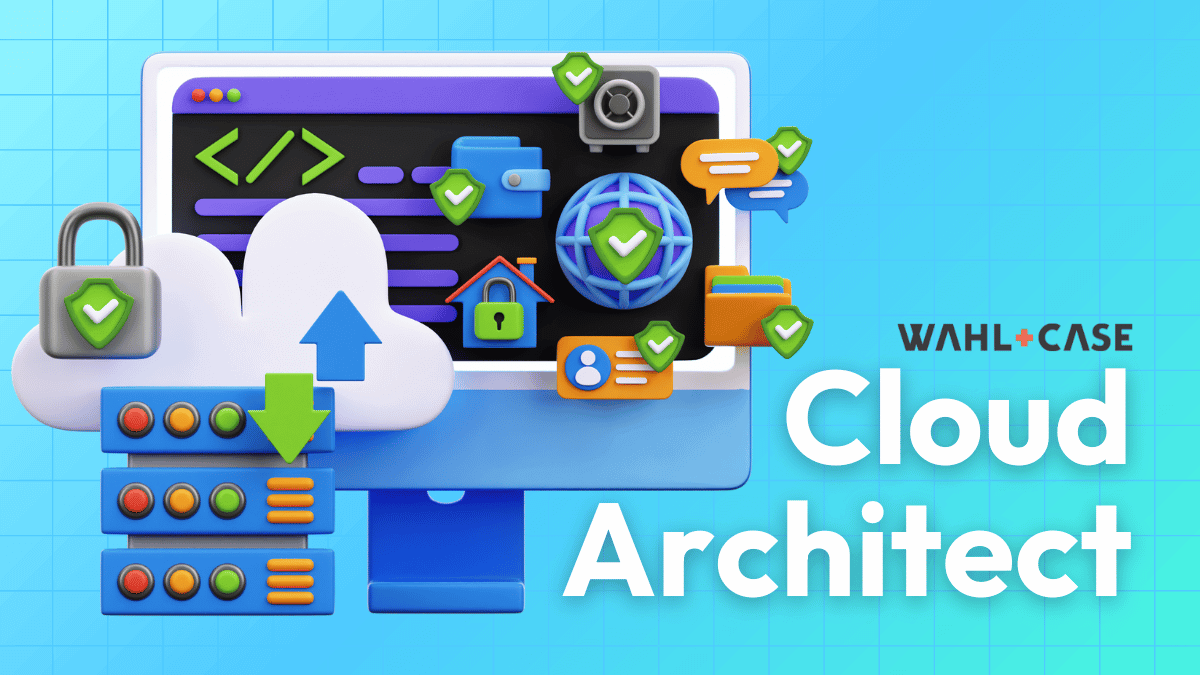
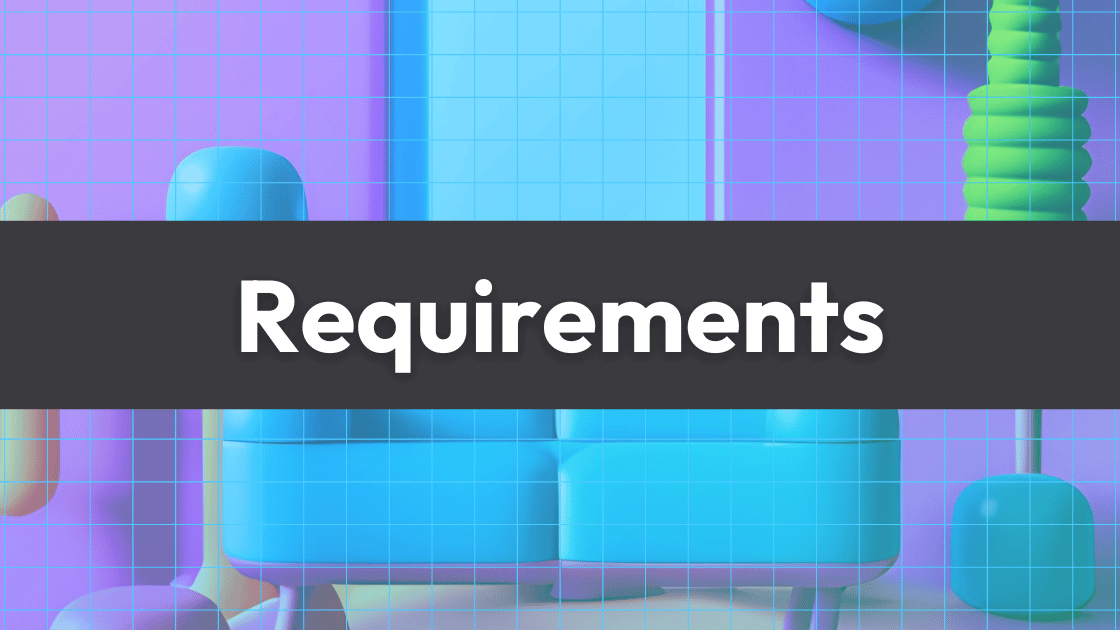
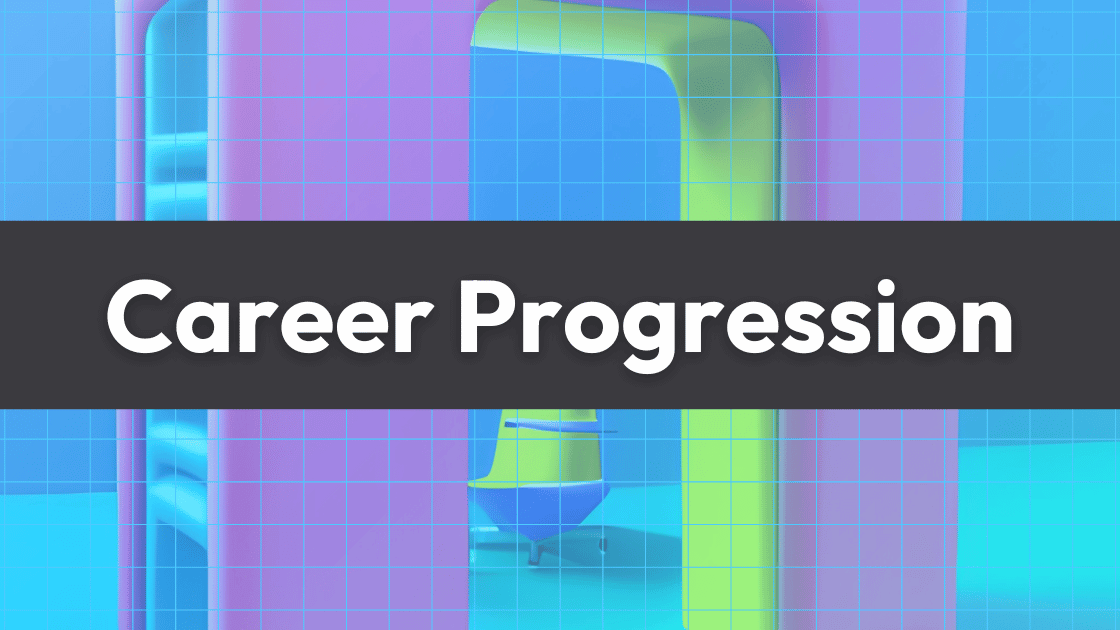


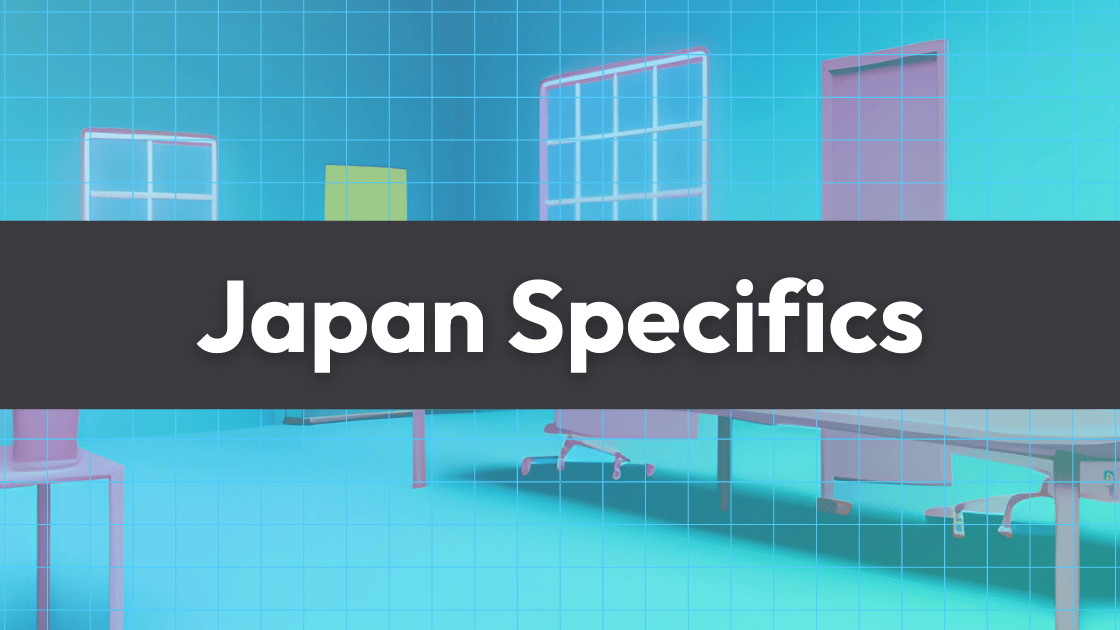
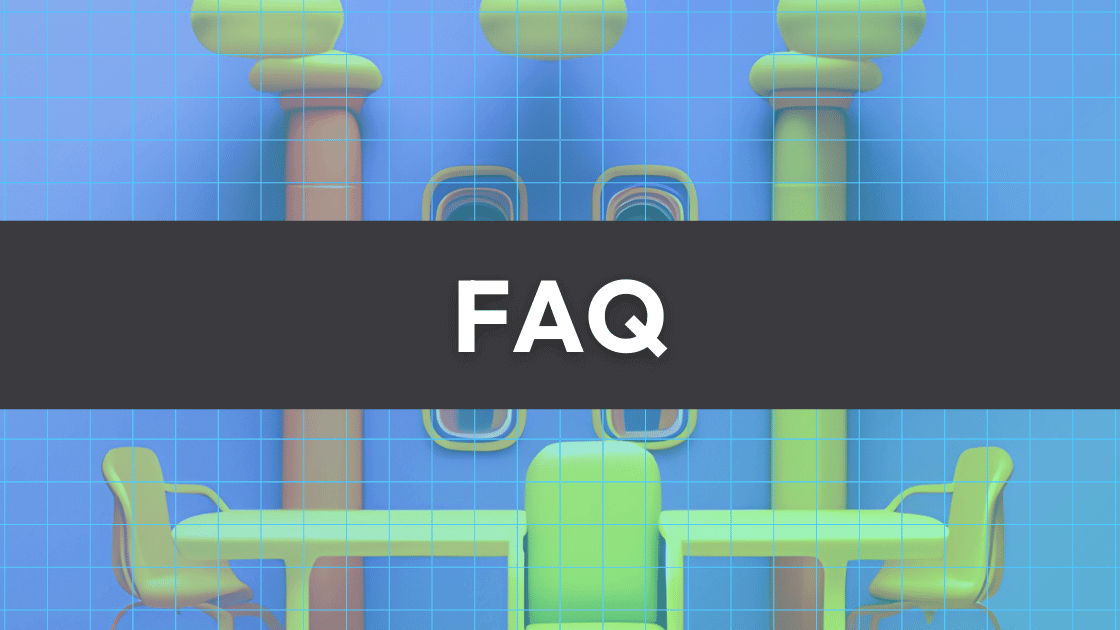
















![Presales Engineer Salary in Japan [NO ADS]](https://images.squarespace-cdn.com/content/v1/5c6e2dad94d71a1ea569fca0/1726807879580-PBSOTUL03B7DQRADXG1U/Presales+Engineer+Salary+blog+%28800+x+600+px%29.png)


